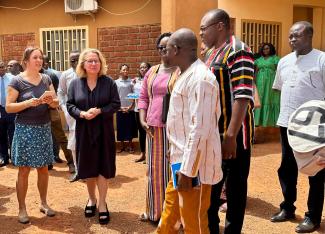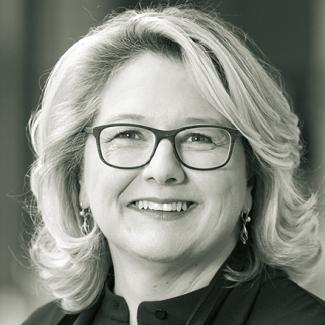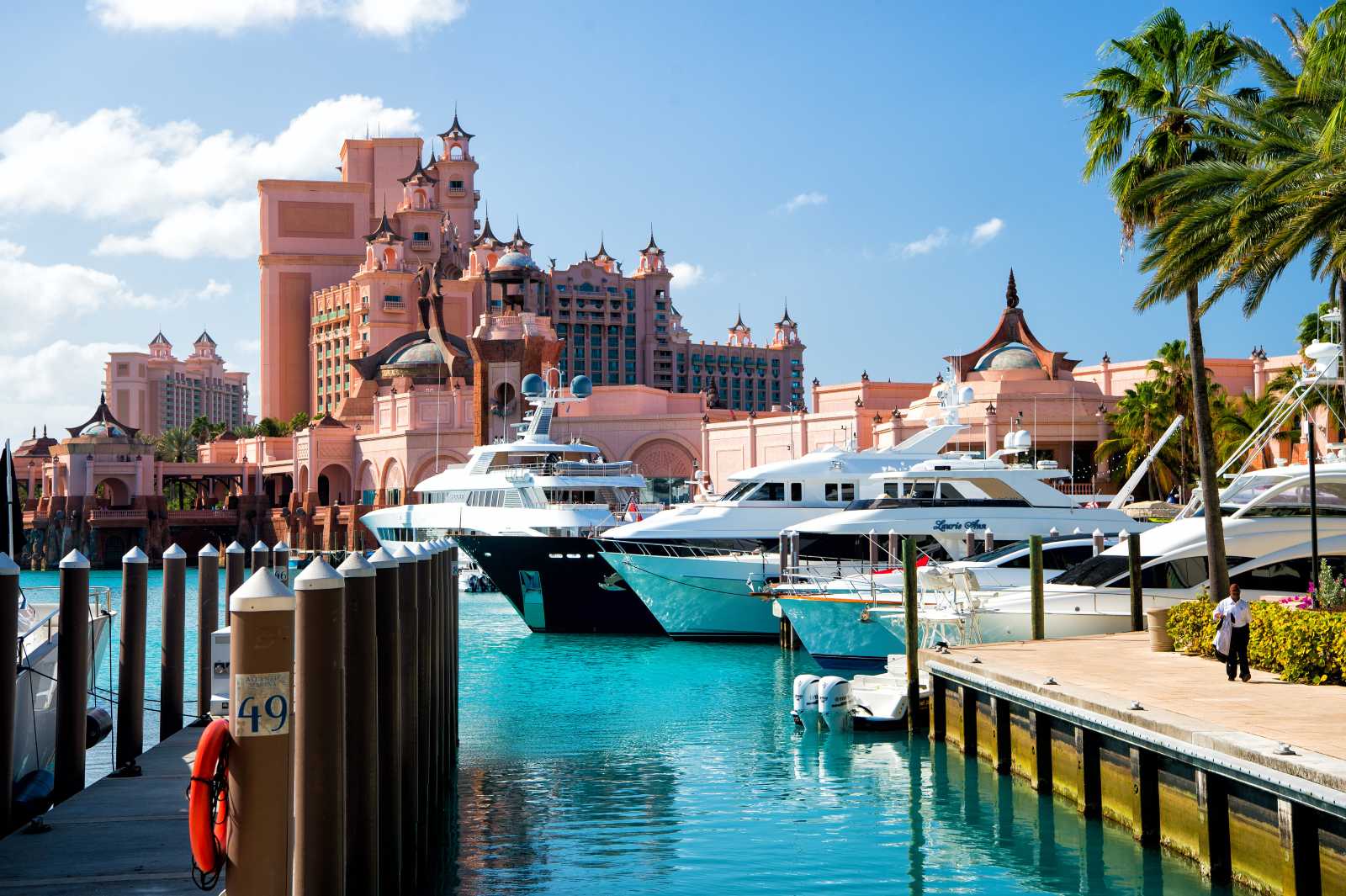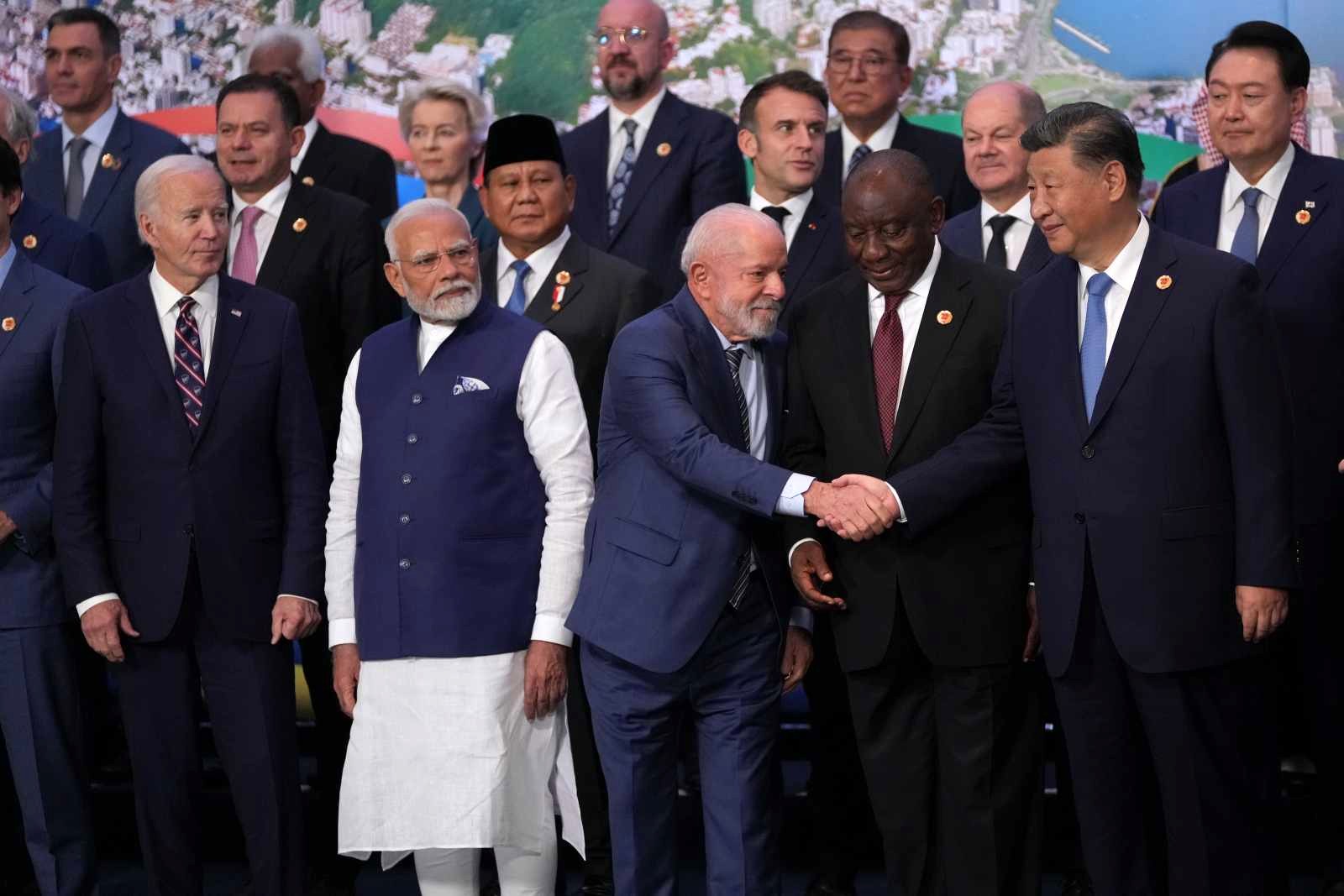Development policy
Germany’s development policy serves all people

Huge disparities have long marked human coexistence on Earth. For centuries, there was a clearly visible power imbalance, which apparently split humankind into rich and poor countries, into the powerful and the powerless. There were those who passed orders and those who obeyed them, “the west” and “the rest”.
History was cynical in the sense of one part of the world’s development model being based on the other part’s exploitation. The impacts are still felt around the world, and they directly shape people’s lives.
The dichotomy has deep roots in Europe’s colonial history. Inequitable economic and political structures became deeply entrenched over the centuries. The power imbalance caused economic dependency and led to the dominance of the western narrative. The west as narrator of human history.
It fits long-standing European modernisation theory to distinguish developing countries from industrialised ones, with some societies being considered “traditional” and others “modern”. Only the latter were deemed worth emulating. The dichotomy was Eurocentric, based on the notion that Europe or “the west” was ideal and should thus serve as yardstick of progress.
Western prosperity is based on colonialism
Colonialism, however, was obviously not a side effect of history. Rather, it was the base of European prosperity and western wealth. Even today, people in the global south are the first in line when it comes to paying the price for an economic model that has massively exceeded planetary boundaries for quite some time. The world as we know it is marked by the long-standing power imbalance.
One result is that, where the most precious natural resources can be mined, people work in the worst conditions. It is the legacy of colonial times that, in supply chains, added value increases in later stages on the way from the global south to the global north. Why is this so, and what can we do about it? What can Germany and Europe contribute? And what do we want to contribute? These questions arise not only for policymakers in the field of development, but to western societies in general. Belonging to the global north, we bear a responsibility to understand that the situation is untenable and to support change in ways that improve matters.
Development circles, by the way, have been discussing for several years whether the terms “global north” and “global south” actually make sense. Related questions are: What exactly is a developing country? What is the global north, and which countries belong to it? Are these distinctions really clear?
The full truth is that there are huge differences between countries of the global south. Both Brazil and Laos are in this category, but in many ways Brazil actually resembles Germany more than Laos. Some governments make manipulative use of terms like developing country or global south. China for example has a pattern of sometimes claiming to belong to the categories or denying it does.
The word “to develop” clearly demands that countries change in a predefined direction. It also suggests that there is a hierarchy of developed and not-quite-so- developed countries. The west is generally considered to be paradigmatic.
No doubt, some world regions face particularly great challenges today. What must not be ignored is that those problems are the results of global history. They do not mark world regions per se. The difference between developed and less-developed places is nothing natural. It is the result of human (inter)action. The two perceived opposites depend on each other, and the west has always played a crucial role. Colonial legacies have led to post-colonial continuities, which still mark the international community.
Therefore, it makes sense to reconsider to what extent the categorisation of different countries is useful and to what extent it only introduces a new division of the world, distinguishing “us” from “them”.
Multipolar world order
A clear binary hierarchy no longer exists, as we have been living in a multipolar world for quite some time. Today, we have multiple, interacting centres of power. Their policies, interests, goals and values diverge.
Many developing countries have become assertive economic and geopolitical players on the global stage. Many countries of the global south are demanding equal opportunities and equal rights, and they grasp alternatives when they arise. What unites them, however, is often not much more than not belonging to the west.
Because of these changes, international-development policies are changing too. Thinking in terms of “we are helping them” has been outdated for a long time. That is equally true of “supportive interventions at eye level”. Development policy is increasingly about balancing interests. It has become a fundamental component of international political realism and has a bearing on economic and security affairs. The point is to lay the foundations for cooperation and partnership, and not only addressing our traditional partners.
Of course, old ties of friendship matter – for instance between Europe and the USA, Germany and France, or the EU and NAFTA (North American Free Trade Association). However, there are many other relationships, some of which are ad hoc and others long-term. To some extent, we in the global north are only noticing some of them now, or – even worse – only beginning to take them seriously. South-south cooperation between South Africa and Vietnam or between Brazil and India, for example, is making a difference. Regional organisations like the SADC (Southern African Development Community) or interest groups like the BRICS+ (Brazil, Russia, India, China, South Africa, Egypt, Ethiopia, Iran and United Arab Emirates) and the V20 (launched as The Vulnerable 20 in 2009 and comprising 58 countries today) are becoming increasingly important counterweights to western multilateral organisations. These links are not one-dimensional. They can serve the interests of all.
I share our Federal Chancellor Olaf Scholz’ often expressed conviction: Germany needs strategic partnerships, as is true of all other actors as well. One reason is that we need lithium from Mali or Nigeria to manufacture solar cells in Germany and manage our transition to sustainable energy. We depend on robust supply chains from South Asia so we can keep buying reliable antibiotics in German pharmacies. We need conflict areas to be surrounded by stable countries, because otherwise conflicts would easily spread. Moreover, stable countries can take in refugees. Good examples are Jordan and Mauritania, which are including in their societies refugees from Syria and Mali respectively.
Investing in development policy
Germany wants to stay relevant and contribute to shaping the emerging global order. A strong and progressive EU too can make a difference on the global stage, especially at a time when the political future of the USA looks uncertain. As a matter of course, Germany and the EU must invest heavily in development policy, so further cuts are unacceptable. It does not make sense to withdraw into a cocoon, and doing so would be counterproductive for people in Germany.
Germany’s international-development policy is improving the lives of people in partner countries like Peru, Mauritania and Bangladesh. At the same time, it serves people in Germany, not least by contributing considerably to their security and prosperity.
In recent years, some of the greatest challenges people in Germany had to face were the Covid-19 pandemic, floods in the Ahr Valley and Lower Saxony, high energy prices, shortages of antibiotics and diabetes medications in pharmacies, drought in Brandenburg and many small and mid-sized enterprises’ unmet demand of skilled labour.
Development policy that is based on partnerships helps to solve these problems because it tackles root causes. The result is improved welfare for everyone.
Svenja Schulze is Germany’s federal minister for economic cooperation and development.
www.bmz.de/en













